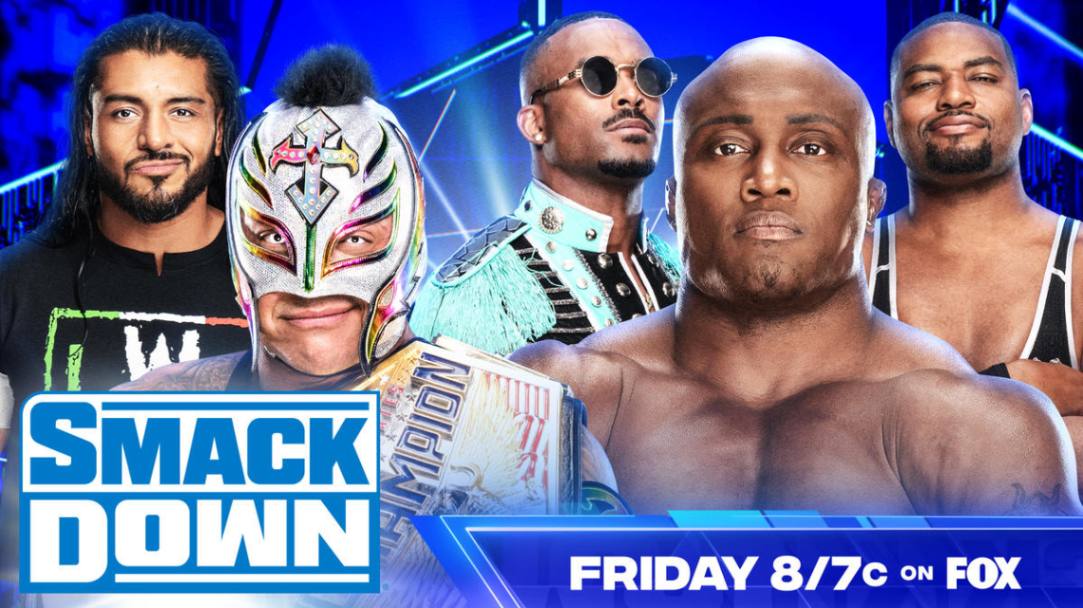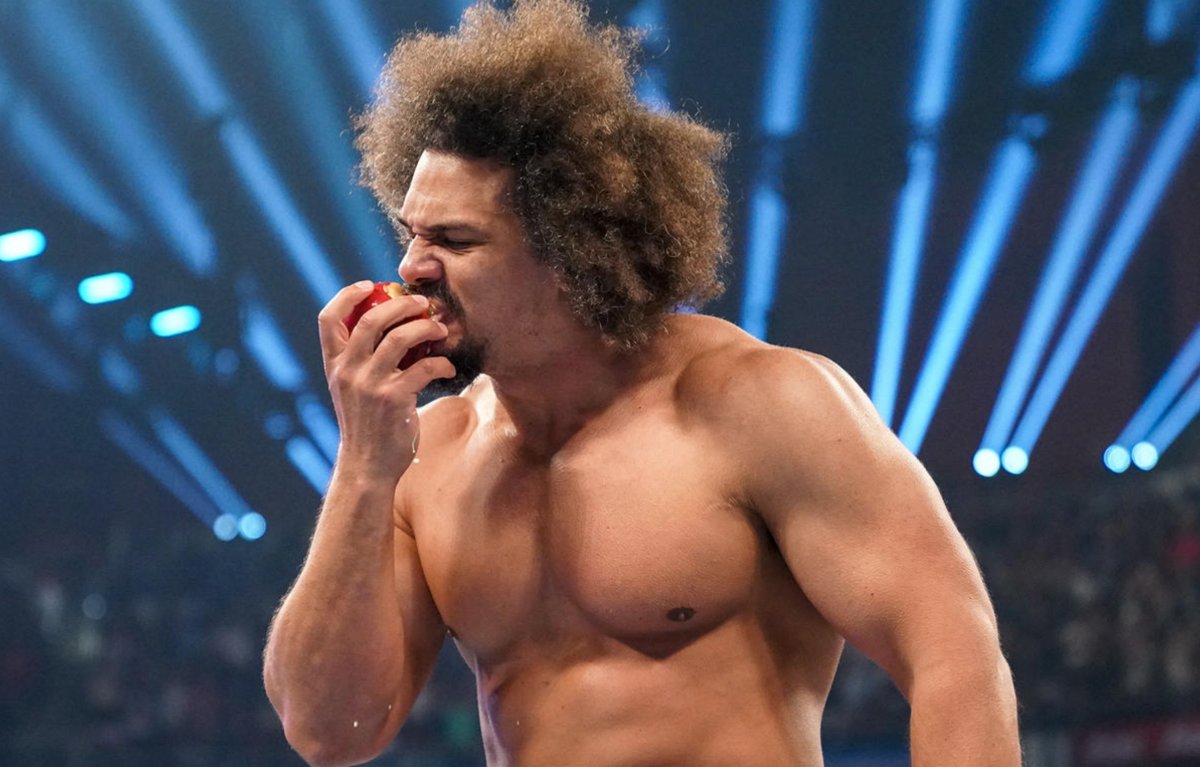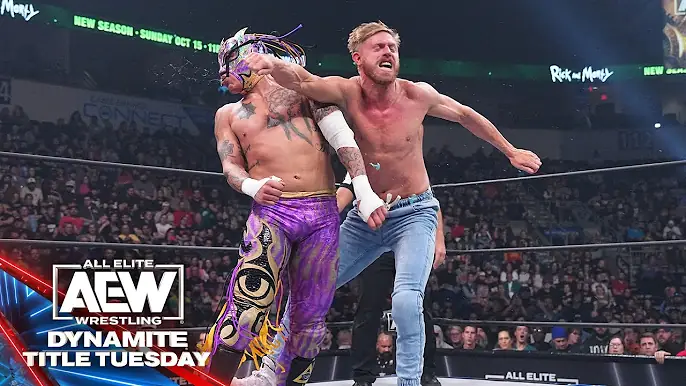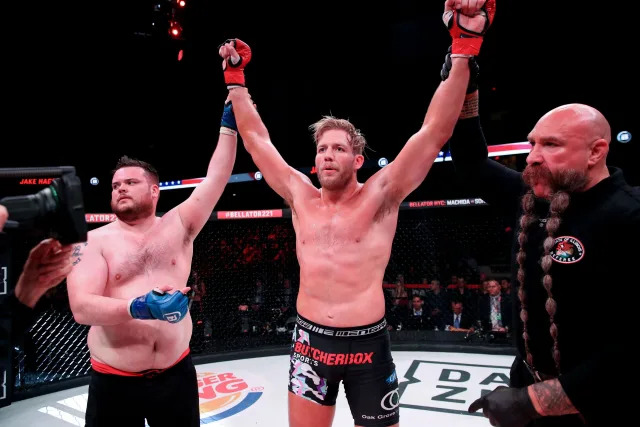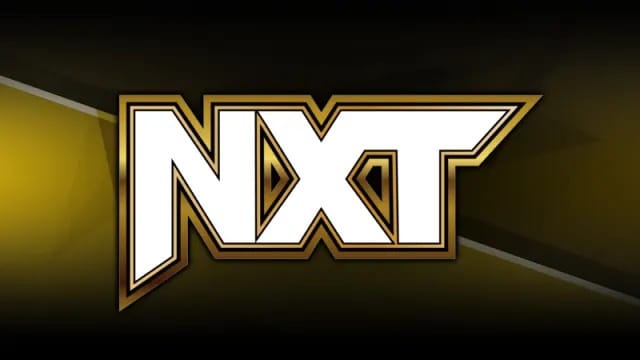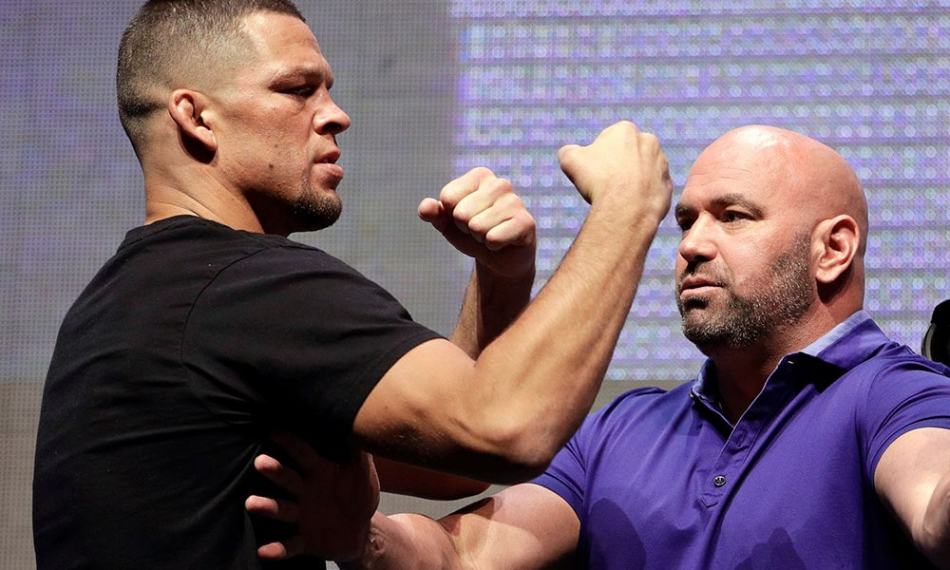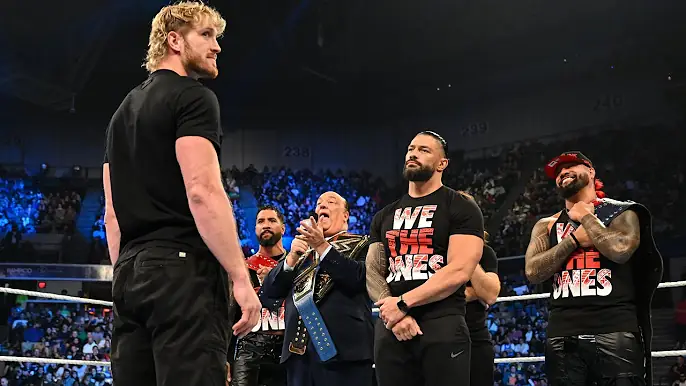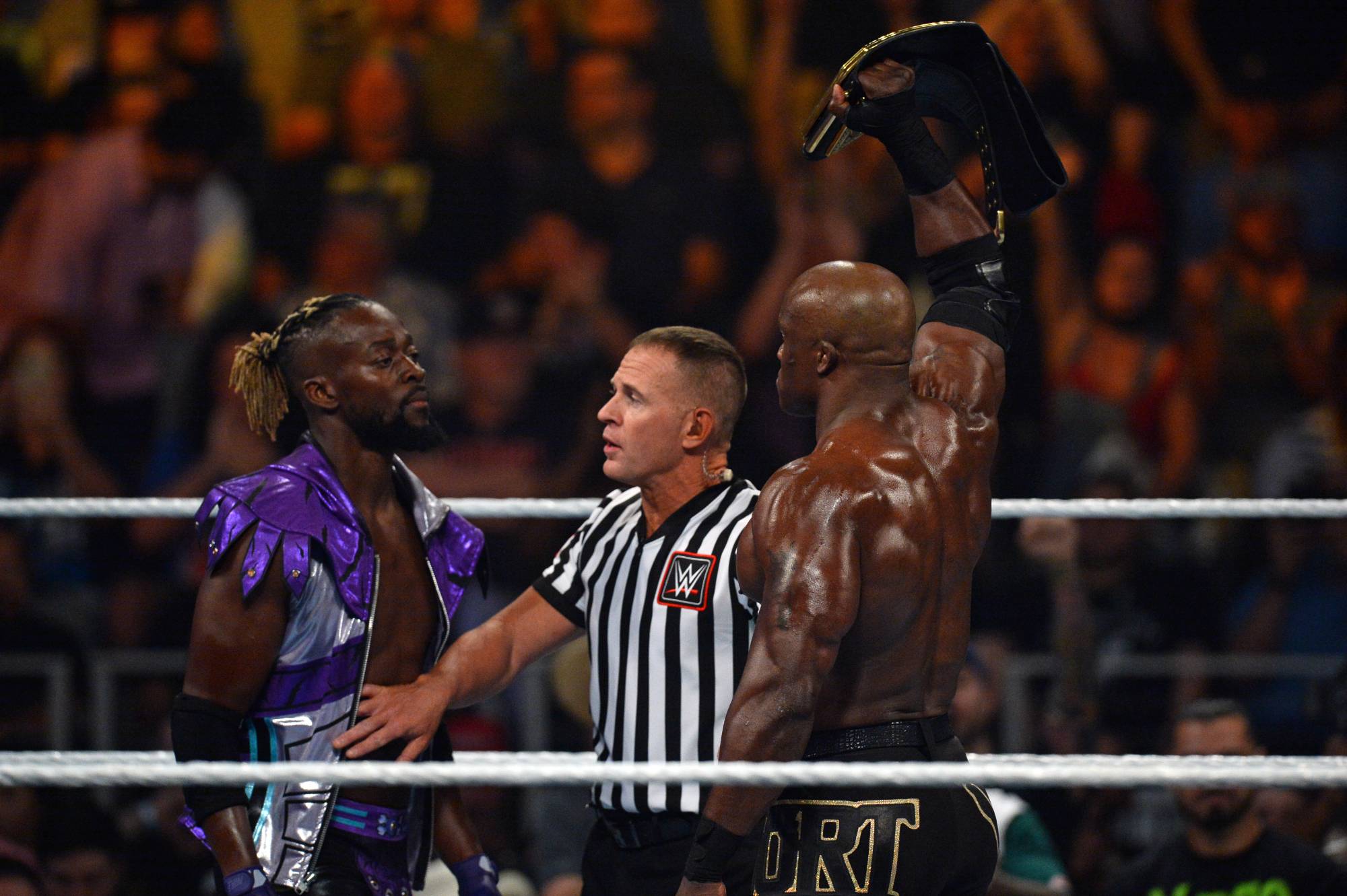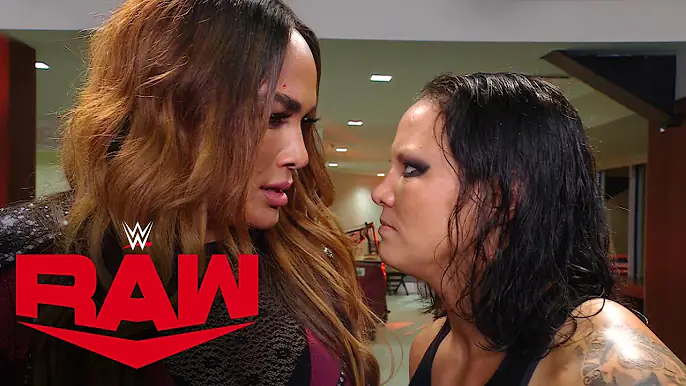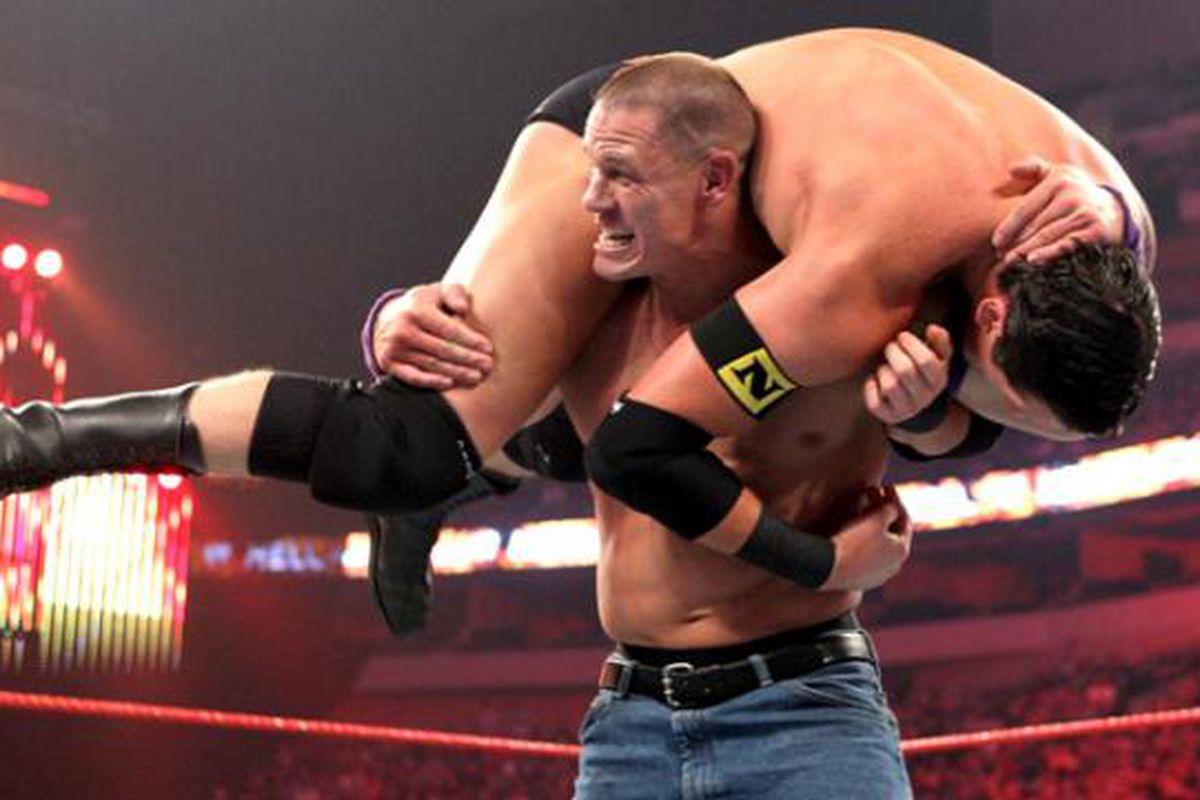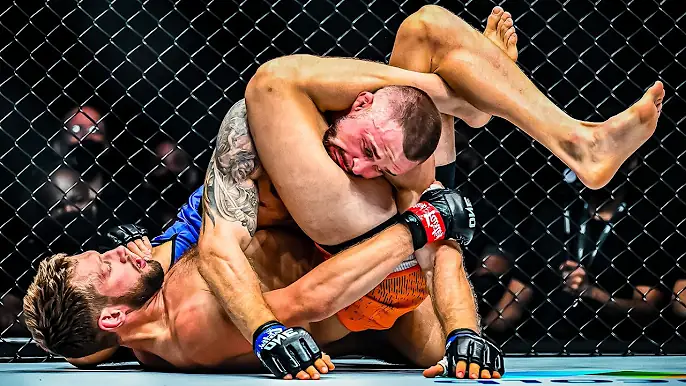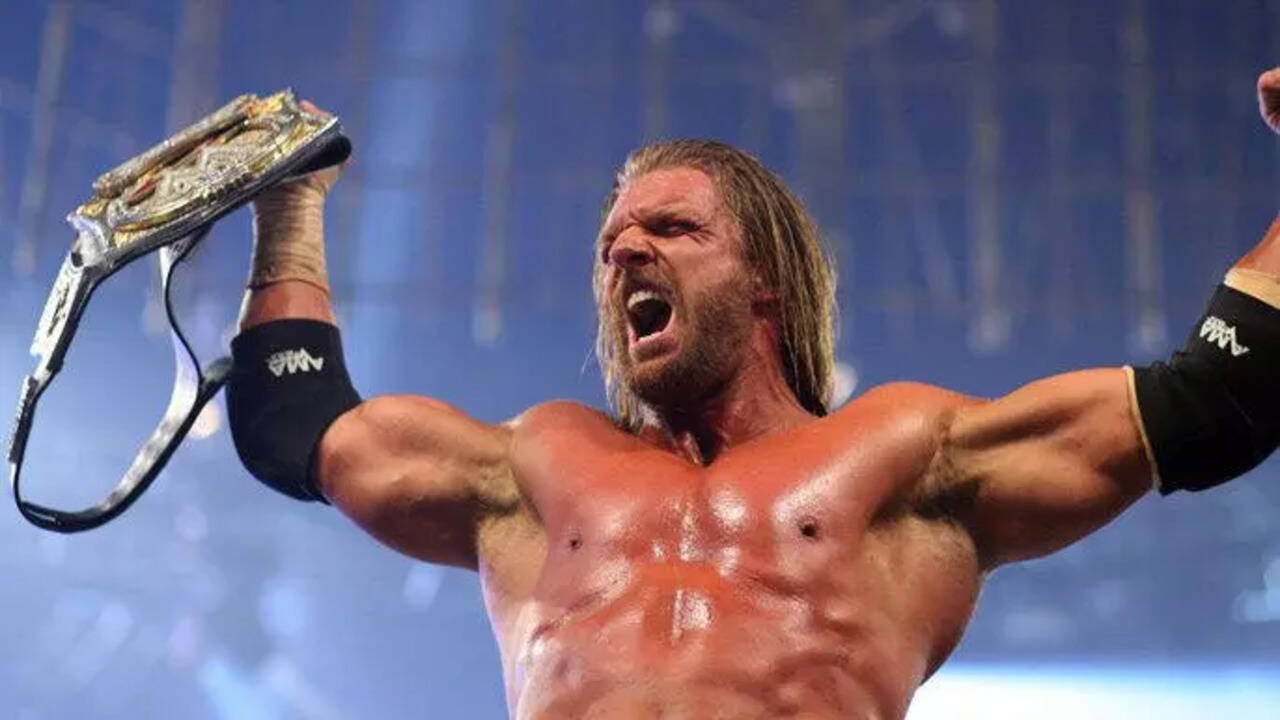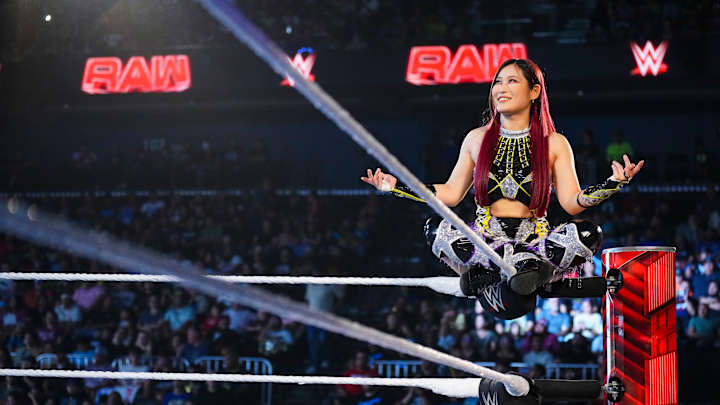WWE’s Costume Design: The Stories Behind Iconic Outfits
Professional wrestling is a unique blend of athleticism, drama, and spectacle. While the in-ring action is central, the visual presentation of WWE superstars plays an equally crucial role in creating memorable characters. Costume design in WWE is a meticulous craft that involves storytelling, character development, and branding. Iconic outfits have not only defined the personas of WWE superstars but have also become symbols within the broader pop culture. This article delves into the stories behind some of WWE’s most iconic costumes, exploring how these designs have shaped the legacy of wrestling’s biggest stars.
The Importance of Costume Design in WWE
Costume design in WWE serves multiple purposes. It helps establish a wrestler’s character, conveys their persona to the audience, and often includes subtle (or not-so-subtle) storytelling elements. An effective costume can enhance a wrestler’s appeal, making them stand out in the minds of fans. Whether it’s the glitzy robes of Ric Flair or the face paint of The Ultimate Warrior, costumes are integral to the identity of WWE superstars.
Iconic WWE Costumes and Their Stories:
Hulk Hogan’s Red and Yellow
Few outfits are as instantly recognizable as Hulk Hogan’s red and yellow ensemble. Hogan’s costume design was simple yet effective, comprising red trunks, yellow boots, and a red bandana, often accompanied by a “Hulkamania” shirt that he would dramatically rip off before a match.
The Story
The color scheme and design were chosen to reflect Hogan’s larger-than-life persona and all-American hero image. The bright colors made him visually distinctive, and the simplicity of the design emphasized his physicality and charisma. Hogan’s costume became a symbol of the 1980s wrestling boom, with “Hulkamania” becoming a cultural phenomenon.
The Undertaker’s Dark Attire
The Undertaker’s costume has undergone numerous transformations over his career, but certain elements have remained constant: the dark colors, the wide-brimmed hat, and the long trench coat. His look has always been designed to evoke the supernatural and the macabre.
The Story
The original Undertaker costume was inspired by old Western morticians, complete with a gray tie and gloves. Over the years, the character evolved, incorporating more gothic elements. The transition to a darker, more sinister look in the mid-90s aligned with the character’s storyline transformations, such as his “Lord of Darkness” phase.
Macho Man Randy Savage’s Colorful Outfits
Randy Savage was known for his flamboyant and colorful outfits, which included everything from neon tights and sequined robes to cowboy hats and oversized sunglasses. His costumes were as unpredictable as his in-ring style.
The Story
Savage’s outfits were designed to reflect his larger-than-life personality. Each costume was meticulously crafted to be unique, ensuring he stood out in the ring. The bright colors and flashy accessories were not just for show; they represented Savage’s intense energy and charismatic persona. His wife and manager, Miss Elizabeth, often complemented his look, enhancing their on-screen dynamic.
Rey Mysterio’s Mask and Attire
Rey Mysterio’s mask and attire pay homage to his Mexican heritage and the lucha libre tradition. His costumes are vibrant, often featuring intricate designs and bright colors.
The Story
Mysterio’s masks are more than just a wrestling accessory; they are a key part of his identity and respect for the lucha libre culture. Each mask is custom-designed, with different themes and inspirations. Over the years, Mysterio has worn masks inspired by comic book characters, cultural symbols, and personal milestones, making each outfit a piece of storytelling.
John Cena’s “Never Give Up” Gear
John Cena’s costumes have evolved from traditional wrestling trunks to more casual, streetwear-inspired looks. His signature attire includes denim shorts, sneakers, and colorful t-shirts emblazoned with slogans like “Never Give Up” and “Hustle, Loyalty, Respect.”
The Story
Cena’s shift to a more relatable, everyman style was a strategic move to connect with a broader audience. His costumes are designed to be easily replicated by fans, contributing to his merchandise success. The slogans on his attire reinforce his character’s ethos and have become rallying cries for his supporters.
Trish Stratus’s Glamorous Attire
Trish Stratus, one of WWE’s most successful female superstars, was known for her glamorous and fashionable outfits. Her costumes often included sleek, form-fitting designs that balanced athleticism with style.
The Story
Stratus’s attire evolved from simple wrestling gear to more elaborate outfits as she transitioned from a fitness model to a mainstay of the women’s division. Her costumes reflected her journey and growing confidence, helping to elevate the perception of women’s wrestling during her era.
The New Day’s Vibrant Costumes
The New Day, consisting of Kofi Kingston, Big E, and Xavier Woods, are known for their vibrant, colorful, and often eccentric costumes. Their outfits include a mix of matching gear, unicorn horns, and even pancake-themed attire.
The Story
The New Day’s costumes are a reflection of their fun-loving and positive characters. The bright colors and whimsical designs help them stand out and emphasize their unique blend of humor and athleticism. Their attire also plays into their merchandise, with fans eagerly buying into their colorful and playful brand.
Becky Lynch’s “The Man” Persona
Becky Lynch’s transformation into “The Man” saw a significant shift in her attire. Moving away from her steampunk-inspired gear, Lynch adopted a more straightforward, black leather jacket look that emphasized her no-nonsense attitude.
The Story
The change in Lynch’s costume design was a deliberate move to align with her new persona as “The Man,” a tough, fearless, and assertive character. The minimalist and edgy look helped convey her transformation and resonated with fans who saw her as a genuine, relatable figure.
Ric Flair’s Sequined Robes
Ric Flair’s sequined robes are among the most iconic costumes in wrestling history. Each robe was elaborate, often featuring feathers, sequins, and intricate designs.
The Story
Flair’s robes symbolized his “Nature Boy” persona, embodying extravagance and opulence. Each robe was custom-made, costing thousands of dollars, and served as a visual representation of Flair’s character as the consummate showman. The robes not only enhanced Flair’s entrances but also reinforced his gimmick of living a lavish lifestyle.
Asuka’s Colorful and Complex Attire
Asuka’s costumes are known for their bright colors, intricate patterns, and mix of traditional and modern elements. Her look is a fusion of Japanese culture and contemporary wrestling gear.
The Story
Asuka’s attire is deeply rooted in her Japanese heritage, drawing inspiration from traditional kabuki theater and anime. The complexity of her outfits reflects her unique and unpredictable in-ring style. Each costume is designed to be visually striking, reinforcing her persona as a fierce and enigmatic competitor.
The Ultimate Warrior’s Intense Look
The Ultimate Warrior’s costume was as wild and energetic as his in-ring persona. His outfits featured brightly colored face paint, tassels, and arm bands, all contributing to his frenetic energy.
The Story
Warrior’s costumes were designed to match his high-octane character. The bright colors and elaborate designs emphasized his intensity and physicality. His look became synonymous with his explosive entrances and unorthodox wrestling style, making him one of the most memorable figures in WWE history.
The Craft Behind the Costumes
Creating these iconic costumes involves a collaborative process between wrestlers, designers, and the WWE creative team. Designers must consider the wrestler’s character, storyline, and personal preferences while ensuring the costumes are functional and durable for in-ring performance. The design process includes sketching concepts, selecting fabrics, and multiple fittings to achieve the perfect look.
Innovation and Technology
Advancements in technology have allowed for more intricate and durable designs. Materials that offer both flexibility and support have become standard, and 3D printing has enabled the creation of unique accessories and embellishments.
Cultural and Historical Influences
Many WWE costumes draw inspiration from various cultures, historical periods, and even contemporary fashion trends. This blend of influences helps create rich, multi-layered characters that resonate with diverse audiences.
Conclusion
Costume design in WWE is more than just creating an outfit; it’s about storytelling, character development, and connecting with the audience. Iconic costumes have helped define the careers of WWE superstars, making them instantly recognizable and memorable. From the simplicity of Hulk Hogan’s red and yellow to the elaborate robes of Ric Flair, each costume tells a story and enhances the spectacle that is professional wrestling. As WWE continues to evolve, so too will the art of costume design, ensuring that future generations of fans have their own set of iconic looks to admire and celebrate.

